Health and safety, hunter ethics and animal welfare are key values that underpin all of our activities.
Bushfire and drought conditions have placed our native flora and fauna under threat of extinction. This is in addition to the significant threat posed by pests like feral cats, which are the leading driver of extinction for our native animals.
Strict management practices and guidelines are implemented for each and every activity through the development of specific wildlife management plans, protocols, adherence to industry best practice standard operating procedures. Licensed hunters in NSW must also follow a mandatory Code of Practice to ensure ethical, safe and responsible hunting takes place.
With over 62,000 members, SSAA NSW Ltd has the capacity to meet demand and remove the threat of feral animals in a strategic and timely manner.
Feral animals, a significant driver of native animals extinction
All of the following conservation programs and activities are coordinated and managed by SSAA NSW Ltd
The SSAA Farmer Assist program connects members with farmers who require wildlife culling to maintain their property.
The program is run online and requires eligible members to undertake accuracy accreditation.
Click here to learn more.
SSAA NSW Ltd works with stakeholders in the development and delivery of a property specific wildlife management plan.
This involves the monitoring and strategic management of pest species to aid in ensuring the key stone species being bred on the park could be released into large, semi-wild fenced enclosures free from feral animals.
Hastings Wild Deer Management Project participation enabled SSAA NSW Ltd and the local Port Macquarie Branch to develop management
strategies for local landowners at the request of the North Coast Local Land Services (LLS).
SSAA NSW Ltd developed a set of management protocols that also included an accreditation about hunting and conservation with assessments in practical marksmanship, map reading and GPS use.
SSAA NSW Ltd was the only trusted hunting organisation to take on the Supplementary Pest Control (SPC) program.
The program delivers positive outcomes as part of an integrated pest management strategy, under controlled conditions, in the state’s national parks and other reserves.
Volunteers must undergo an assessment and accreditation process. Further information about how to become involved will be released soon.
